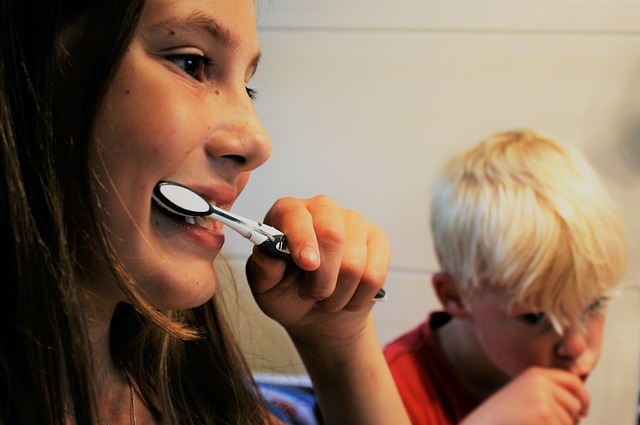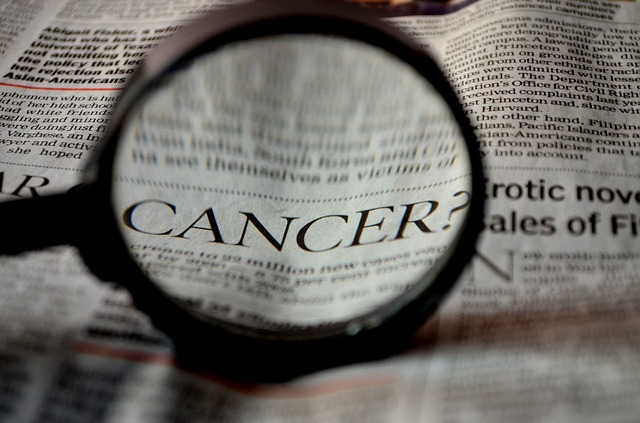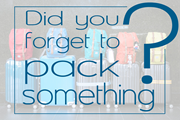Dentist Near Me

Little teeth will grow into a big smile. To ensure your child is on track for a lifetime of optimal oral health, it is important to instill good oral hygiene habits early in life. We understand that this can sometimes be a challenge. It’s hard to keep the interest of young children, which can make brushing twice a day for two minutes each time difficult to do. We’ve gathered a few pointers to help you and your child make brushing time a fun experience.
Choose a Cool Toothbrush and Great Tasting Toothpaste
Make your child part of the process by allowing them to select a cool toothbrush. By choosing one with a favorite color or neat character on it, selecting a toothbrush can be fun. When it comes time to choose a toothpaste, pick one that is palatable to your child. Not all children find the mint flavors often used in adult toothpastes to be appealing. Instead, go for one with a taste your child loves.
Timing is Everything
It is essential that your child brushes for a full two minutes, twice each day. Two minutes can feel like a long time. Allow your child to control a timer to better engage them in their brushing. Use a sand timer, egg timer, or even a timing app on your phone. Many children also find it helpful to visually see how long they have been brushing.
Brush Together
Children learn by example. You can set a great example for your child by being a brushing role model. Brush together with your child. This also gives you the opportunity to correct any improper brushing habits they may otherwise do on their own. By brushing together, you are also emphasizing the importance of regular brushing each day. Show your child that proper oral hygiene is important.
For most adults, brushing your teeth is second nature. For young children still learning, it can be challenging or boring. You can help your child prepare for a lifetime of optimal oral health by helping them feel comfortable brushing their teeth properly. Stick to cool toothbrush designs and fun flavors. Also try using a timer, and brushing together to further build good habits. Don’t forget that your child should visit us for regular examinations and professional cleanings.
Contact our office to schedule your child’s next visit.
4090 Airline Pkwy, Ste. A
Chantilly, VA 20151
Phone: (703) 955-7200





 When you are close to someone you can often be overly comfortable in sharing. This is especially true with kissing. In one kiss, more than 500 germs can be shared between two people. Sharing a kiss can have an impact on your oral health. Here are some of the dangers of kissing.
When you are close to someone you can often be overly comfortable in sharing. This is especially true with kissing. In one kiss, more than 500 germs can be shared between two people. Sharing a kiss can have an impact on your oral health. Here are some of the dangers of kissing. The year is closing and holidays are on the horizon. Are you planning year-end travel or a last-minute getaway? Before heading out on your next adventure, make sure you are prepared with these 3 quick tips for maintaining optimal dental health during travel.
The year is closing and holidays are on the horizon. Are you planning year-end travel or a last-minute getaway? Before heading out on your next adventure, make sure you are prepared with these 3 quick tips for maintaining optimal dental health during travel. If carbonated soft drinks are part of your normal daily routine, you may be causing serious damage to your teeth. Recent studies have found soft drinks to be among the most potent dietary causes of tooth decay. Soft drinks have also been implicated in increases of obesity, type 2 diabetes, and other serious health conditions. Before you shop for beverages this week, consider a few things you should know about soft drinks.
If carbonated soft drinks are part of your normal daily routine, you may be causing serious damage to your teeth. Recent studies have found soft drinks to be among the most potent dietary causes of tooth decay. Soft drinks have also been implicated in increases of obesity, type 2 diabetes, and other serious health conditions. Before you shop for beverages this week, consider a few things you should know about soft drinks. More than half of all adults over 30 have gum disease. These findings were from a study conducted by the Centers for Disease Control and Prevention. Adults are not the only group impacted by gum disease. In fact, new research has uncovered a startling link between childhood who are obesity and gum disease.
More than half of all adults over 30 have gum disease. These findings were from a study conducted by the Centers for Disease Control and Prevention. Adults are not the only group impacted by gum disease. In fact, new research has uncovered a startling link between childhood who are obesity and gum disease. If you are missing one or more teeth, our dentist may recommend a dental bridge. To help you understand what to expect, we’ve assembled a short guide to bridges.
If you are missing one or more teeth, our dentist may recommend a dental bridge. To help you understand what to expect, we’ve assembled a short guide to bridges. It is not uncommon for many of us to grab a bite to eat in a hurry. Americans have grown accustomed to bigger food portions at restaurants, but our mouths have not. Trying to fit that oversized sandwich or apple in your mouth might be worse for you than you have ever imagined. Below are some reasons why this could be detrimental for your oral health and what you can do about it.
It is not uncommon for many of us to grab a bite to eat in a hurry. Americans have grown accustomed to bigger food portions at restaurants, but our mouths have not. Trying to fit that oversized sandwich or apple in your mouth might be worse for you than you have ever imagined. Below are some reasons why this could be detrimental for your oral health and what you can do about it.


